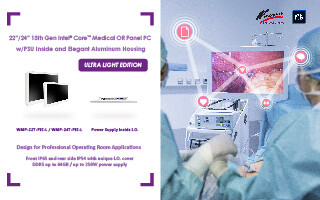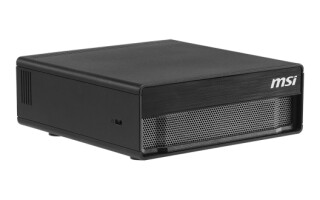Diodes Incorporated's Automotive-Compliant Linear LED Driver-Controller Features Low Dropout and Enhanced Dimming
July 10, 2019
Press Release

Diodes Incorporated today announced the AL5814Q, an automotive-compliant linear LED driver-controller with low dropout voltage and open LED detection for automotive linear-driven LED lamps.
Plano, TX – July 2, 2019 – Diodes Incorporated (Nasdaq: DIOD) today announced the AL5814Q, an automotive-compliant linear LED driver-controller with low dropout voltage and open LED detection for automotive linear-driven LED lamps.
The AL5814Q is suitable for automotive applications requiring specific change control and is AEC-Q100 qualified, has a grade 1 temperature rating, is PPAP capable, and is manufactured in IATF16949:2016 certified facilities. The device operates from an input voltage in the range of 4.5V to 60V. It has up to 15mA drive and uses an external drive transistor, MOSFET or BJTs, minimizing its power dissipation. This ability to drive higher current LEDs or multiple LED strings makes it suitable for applications that require higher light output including license plate illumination, rear lamps, internal lamps, and instrument panels.
The AL5814Q’s VSET pin can be used to adjust output current feedback level for a lower dropout via resistor divider, analog dimming and thermal fold-back, the latter being implemented using an NTC resistor.
PWM dimming is supported through applying a PWM signal to the VFAULT pin. Over-temperature protection is also included, along with input under-voltage lockout. Open-LED detection, via the VFAULT pin, can also be supported with its activation via the SFAULT pin.
The AL5814Q’s tight 0.4V reference voltage (±5% across temperature) provides a high level of thermal stability and matching between lamps.
The AL5814Q is available in the exposed MSOP-8EP package and is priced at $0.25 each in 1000 piece quantities.
Further information is available at http://www.diodes.com.




